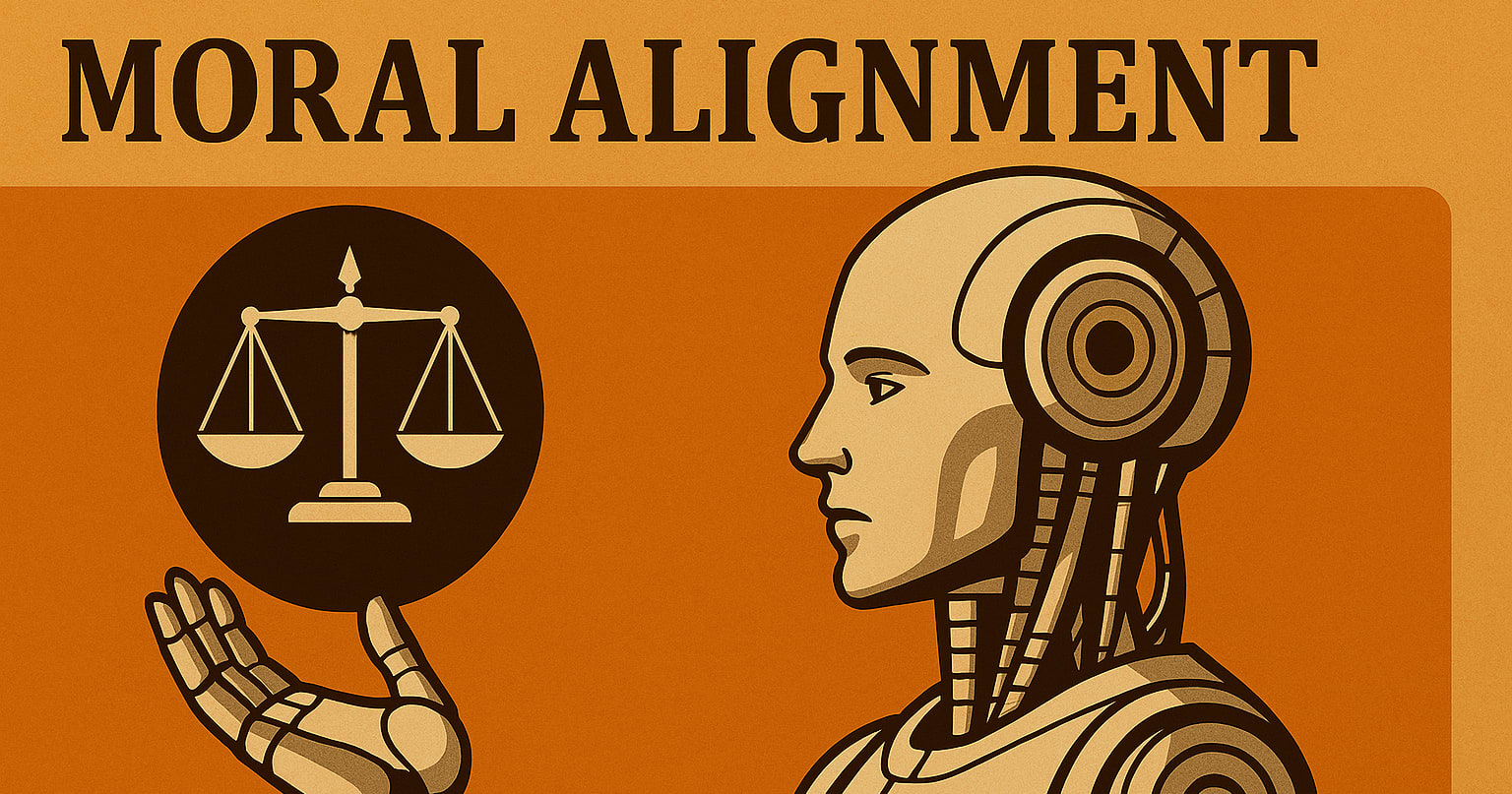Hello!
I’m Toby, the new Content Manager @ CEA.
Before working at CEA, I studied Philosophy at the University of Warwick, and worked for a couple of years on a range of writing and editing projects in the EA space. Recently I helped run the Amplify Creative Grants program, in order to encourage more impactful podcasting and YouTube projects (such as the podcast in this Forum post). You can find a bit of my own creative output on my more-handwavey-than-the-ea-forum blog, and my (now inactive) podcast feed.
I’ll be doing some combination of: moderating, running events on the Forum, making changes to the Forum based on user feedback, writing announcements, writing the Forum Digest and/or the EA Newsletter, participating in the Forum a lot etc… I’ll be doubling the capacity of the content team (the team formerly known as Lizka).
I’m here because the Forum is great in itself, and safeguards parts of EA culture I care about preserving. The Forum is the first place I found online where people would respond to what I wrote and actually understand it. Often they understood it better than I did. They wanted to help me (and each other) understand the content better. They actually cared about there being an answer.
The EA community is uniquely committed to thinking seriously about how to do good. The Forum does a lot to maintain that commitment, by platforming critiques, encouraging careful, high-context conversations, and sharing relevant information. I’m excited that I get to be a part of sustaining and improving this space.
I’d love to hear more about why you value the Forum in the comments (or, alternatively, anything we could work on to make it better!)





Just to be clear, Lizka isn't being replaced and you're a new, additional content manager? Or does Lizka have a new role now?
FWIW I would've expected the Content Manager manages the Content Specialist, not the other way around.